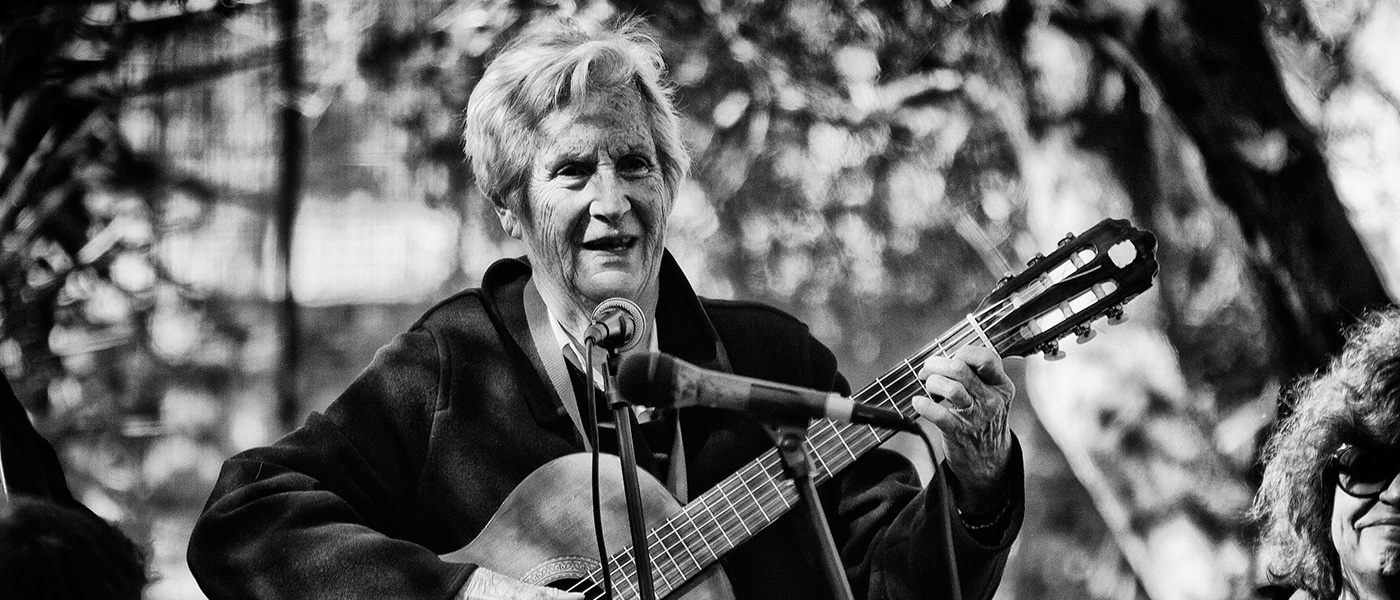

A SUD DELLA MUSICA
12 novembre > SALA 1 ore 21.30
Italy – 2019 – colore – 82’
CREDITS
Direction: Giandomenico Curi with the collaboration of Tommaso Faggiano, Fabrizio Lecce, Susanna Cerboni
Screenplay: Giandomenico Curi with the collaboration of Tommaso Faggiano, Fabrizio Lecce, Susanna Cerboni
Editing: Fabrizio Lecce
Sound: Gigi Gallo
Voice: Renato Grilli
With: Giovanna Marini, Alessandro Portelli, Vincenzo Sartoro, Paolo Pietrangeli, Ignazio Macchiarella, Luigi Chiriatti, Stefano Pogelli, Brizio Montinaro, Enza Pagliara, Luigi Lezzi, Bucci Caldarulo, Massimo Melillo, Antonio Infantino, Sara Scalia, Piero Brega
Producer: Fabrizio Faggiano, Tommaso Faggiano, Fabrizio Lecce
Production: Meditfilm in association with AAMOD
Distribution: Cineam
SYNOPSIS
Southern Italy is the place where distress is harder and melancholy is greater, but it is still the place where suffering is sweeter. Archive images from the AAMOD (Audiovisual Archive of the Labour and Democratic Movement) enhance the voices of the great performers of Italian folk music. The stories of Giovanna Marini’s countless travels, amidst songs of struggle and labour, accompany the historical and political events of 20th-century Italy, amidst emigration and inequalities; in the background, the deafening and solitary voice of Pier Paolo Pasolini.
DIRECTOR’S STATEMENT
“Giovanna Marini travelled down to Salento between 1969 and 1971 because she had been told that people could sing well there, and because that was part of her militancy within the music group Nuovo Canzoniere Italiano and Gianni Bosio’s “religion of the recorder”. And yet her research was different from all the others. She was not an ethnomusicologist, nor an anthropologist. She was just a musician and a woman. She was guided by her instinct, her passion for music and her desire to fall in love with that land, Southern Italy, those songs, those traditional singers. For her, music was first and foremost freedom; and hers was a gesture without any strategy behind it. She went down to Salento to understand how peasant singing worked. She would later say that those journeys were not journeys of research, but of true testimony.”


